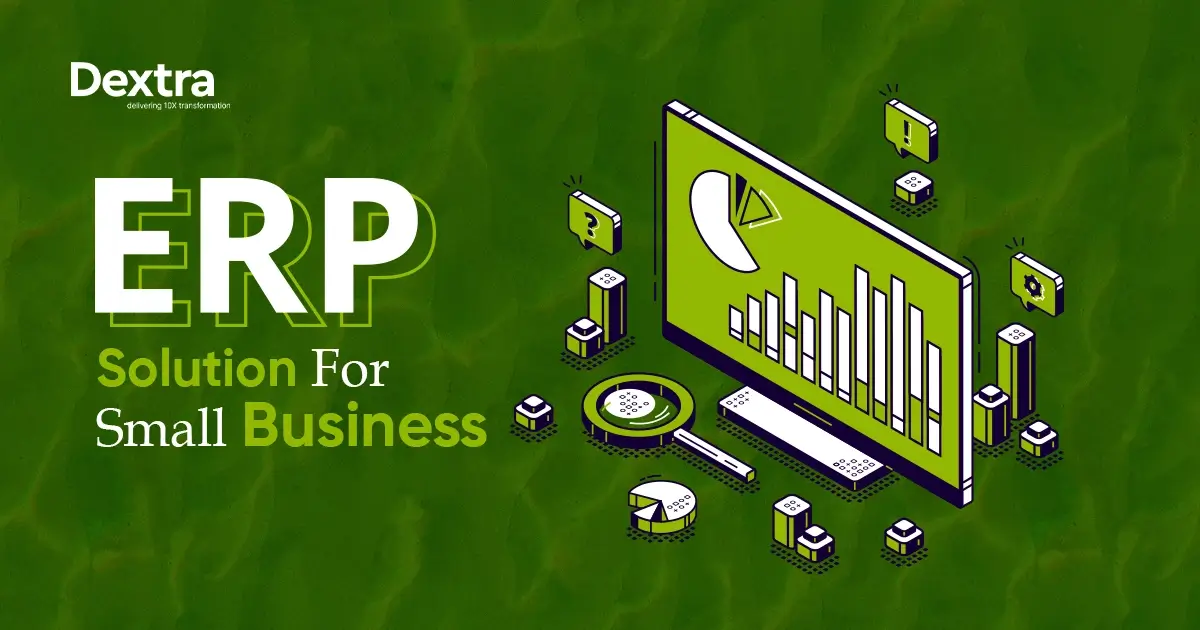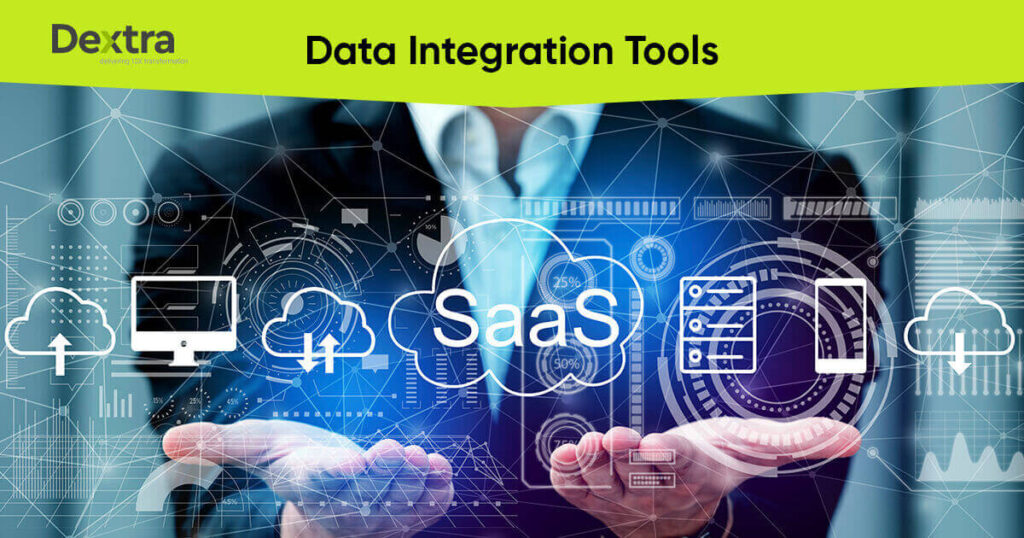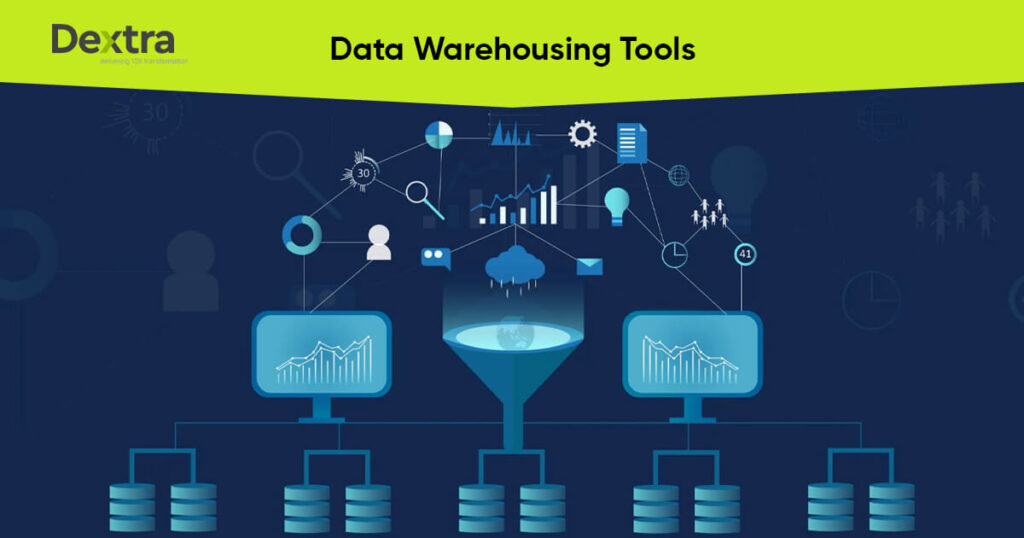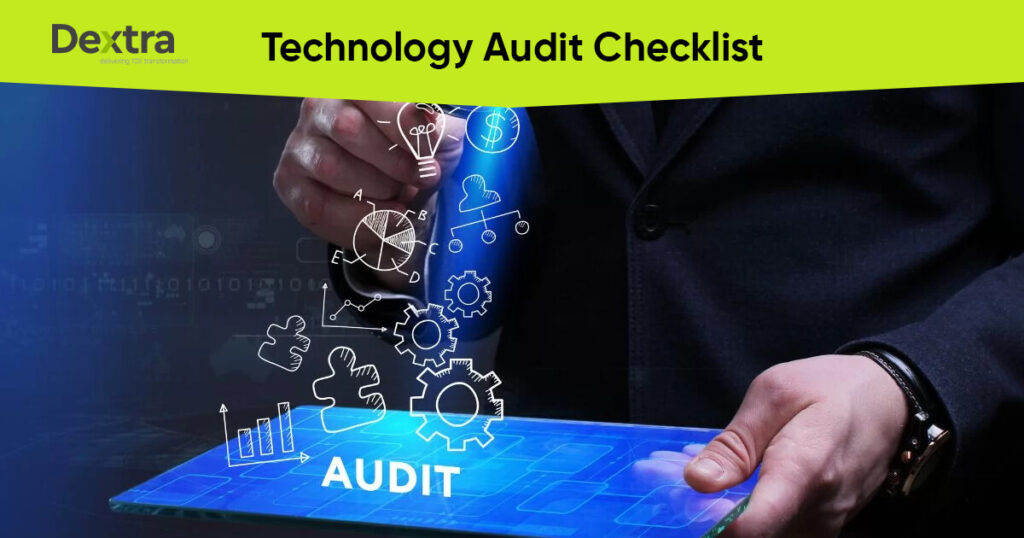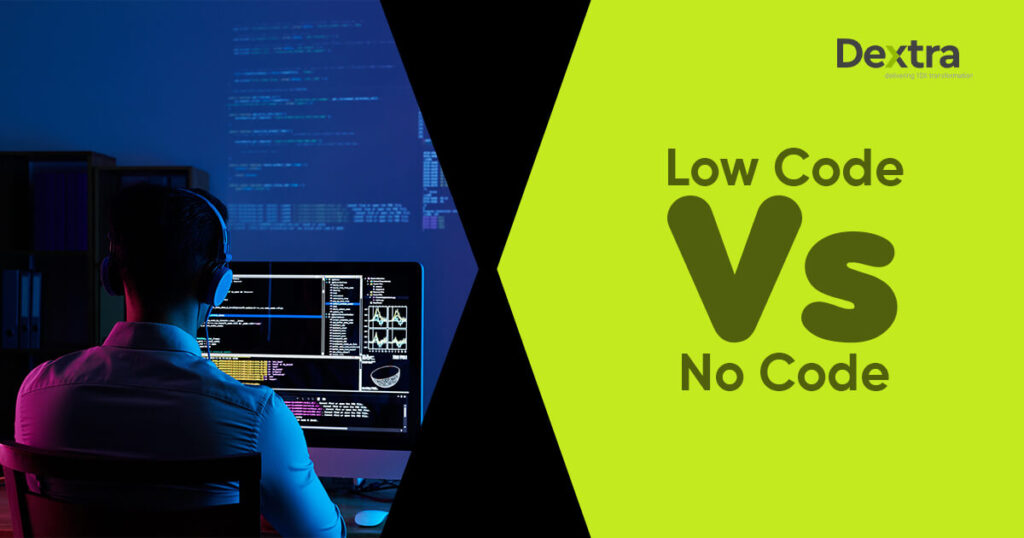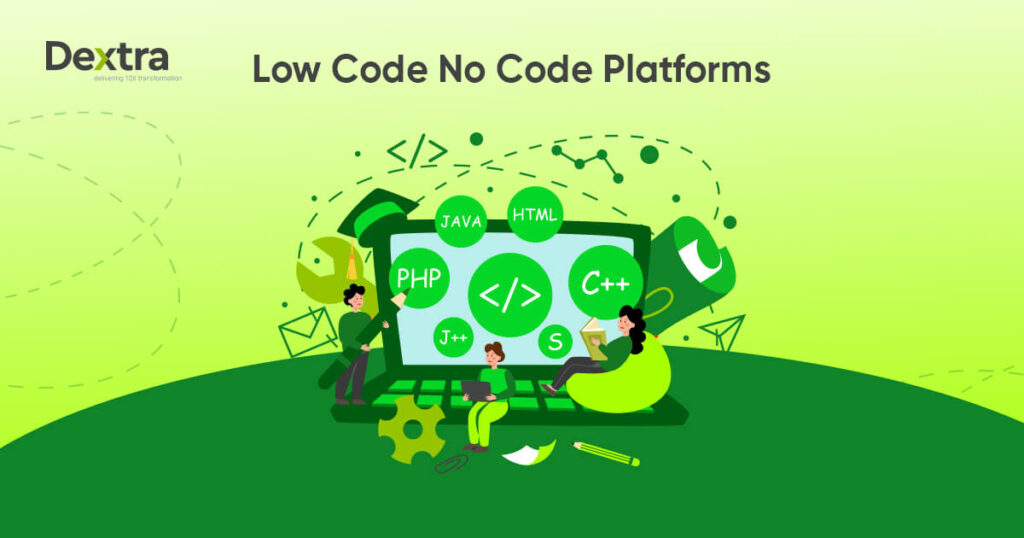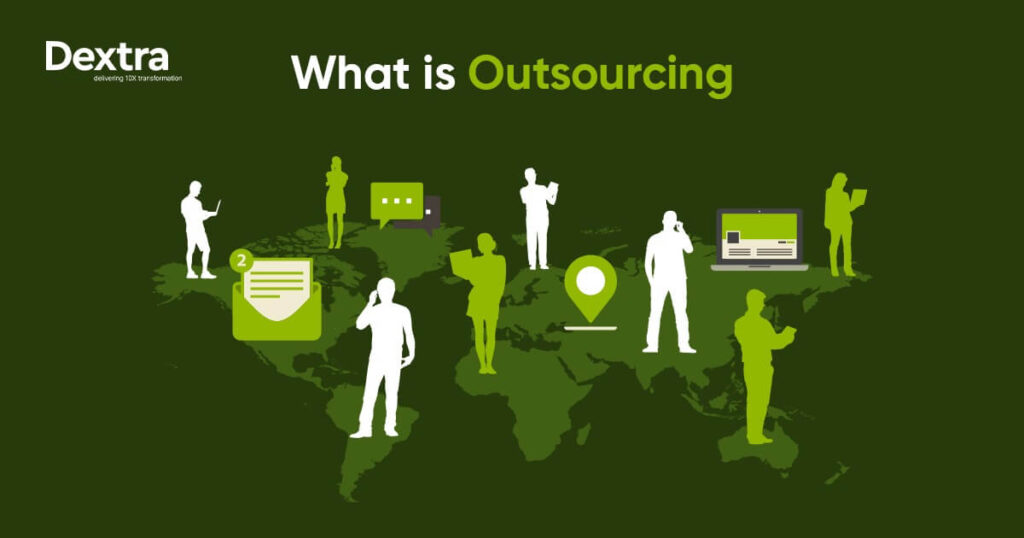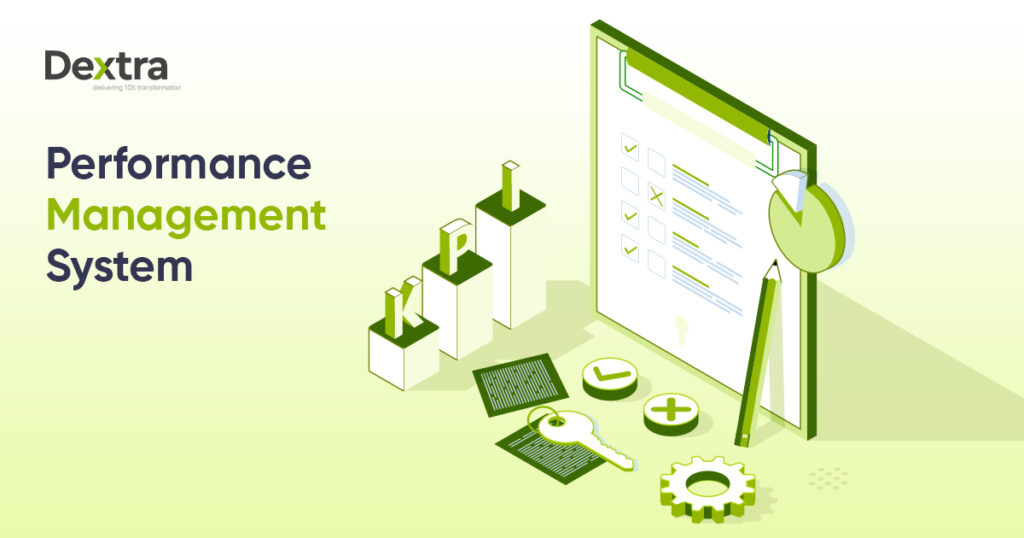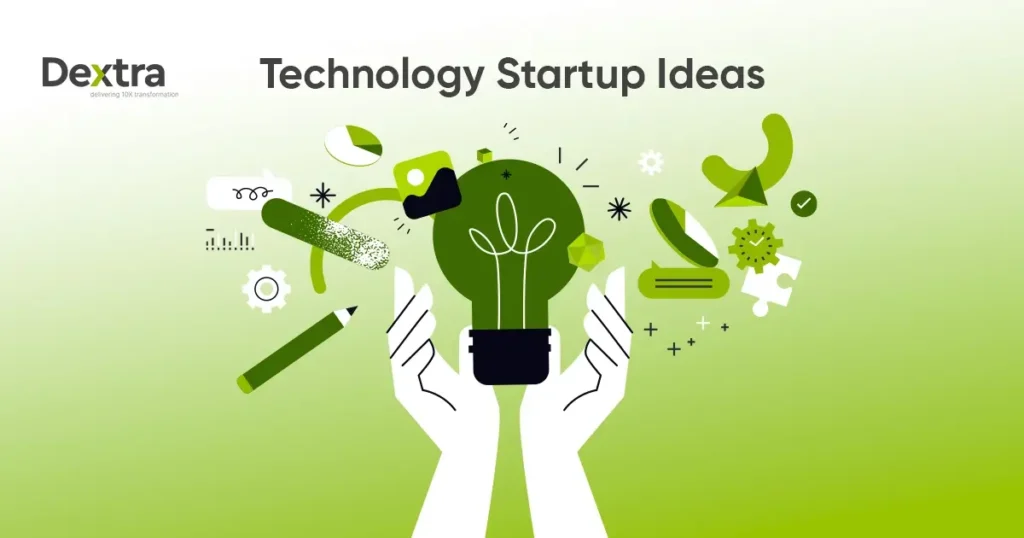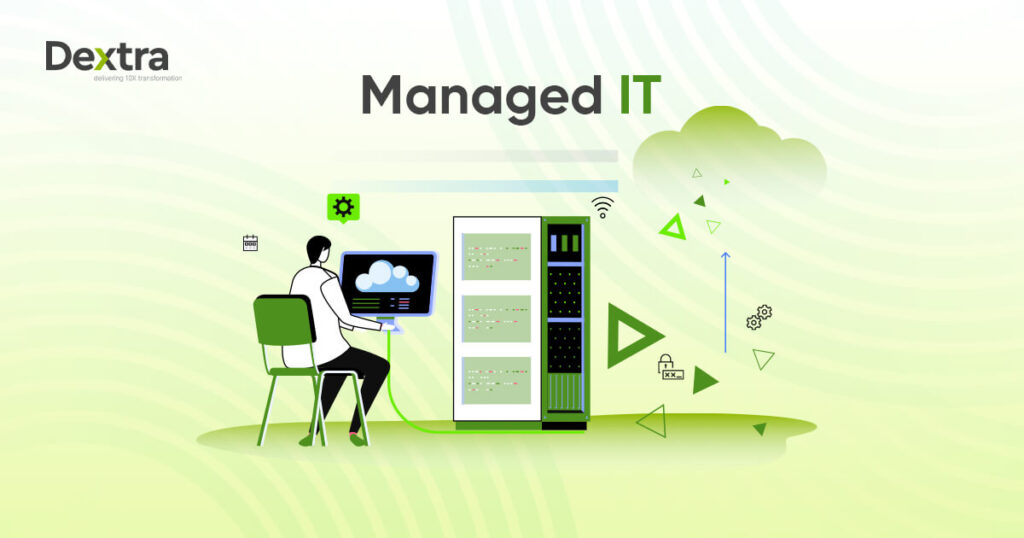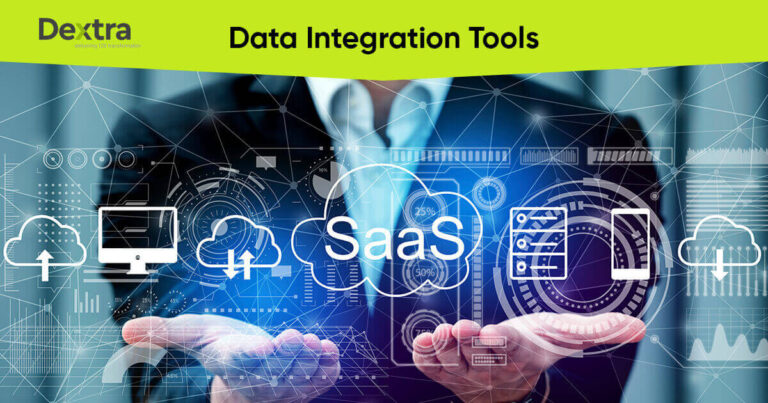In the recent digital landscape, businesses are concerned with collaborating with all internal resources to streamline their operational channels for maximum production in a collaborative environment. Companies are installing the best resource management software and tools to connect their management in one place and share their views, suggestions, and guidelines to control problematic areas. Scalability and sustainability come under dedicated controlling measures to adopt collaborative and communication channels to advocate the brand image in the competitive marketing dynamics.
This article resonates with companies that intend to control their scattered internal affairs and find managing the market load and tight deadlines challenging. It provides valuable suggestions and ideas for installing your enterprise’s best business ERP solution.
Defining ERP
ERP stands for Enterprise Resource Planning, which is the integrated management of a whole management system under one business holding to maintain the industrial balance by software. ERP can assist the business in collecting, reviewing, and processing the core information about all resources to filter out the development process in a collaborative interface.
ERP is Oracle-based software that boosts business efficiency and scalability to meet industrial requirements efficiently. In recent years, businesses have adopted ERPs to overcome the difficulties of day-to-day tasks. This cloud-based system applies to many industries, such as financial institutes, human resource management, construction, supply chain industries, retail & manufacturing, sales, and more, to boost their internal environment by collaborating all departments in one place.
What is an ERP System?
Have you ever found it challenging to manage your industrial or startup’s internal control systems by controlling each department equally? ERP has dedicated solutions to collect, review, and process the information into valuable results.
Users can manage their data in a secure environment and process the information with all related departments in controllable checks to meet efficiency under dedicated teams performing all business activities. Businesses can generate financial reports and data sheets to filter the best-performing departments for prompt decisions in a competitive environment.
According to Gartner Incorporation, a renowned American Technological Research and consulting firm, the market size is over $30 billion, indicating that the ERP industry’s rise benefits small, mid, and large-scale enterprises equally. ERP systems can vary for many industrial systems to assist in providing accurate information and data with different integrated tools specifying their business requirements.
Fundamental Essentials to Check Before Installing an ERP System
1- Maximum Tool Integration
ERP comes with various internal resources and tools integrated to control your operational requirements, whether related to data management and departmental collaboration or data sharing and enhancing communication among all resources. Customization can improve overall working efficiency by designing your desired interface with easy access to the relevant tools.
2- Business Budgeting and Resource Planning
Every business spends its amount in calculated criteria to balance inputs and outputs. The software operators know the companies decided on budget allocation to each department to survive and operate their business within the budget. ERP is cost-efficient as it controls the overcharging cost of buying tools and managing positions to manage each channel. Using an ERP in business operations can keep you updated about your working resources on projects and their outputs, whether they are getting maximum outputs or have to build robust strategies to boost their productivity using limited resources in a small-scale industry.
3- Identification of Enterprise Requirements
Are you wondering how your team should compile business data and resources? Big or small businesses can be worried about their performance and put all their efforts into maximizing their potential. Therefore, they should mark down their requirements in managing data, resource planning, and communication channels before finalizing the ERP system installation in their operations.
Suppose companies need to familiarize themselves with the best-integrated tools. In that case, they can seek guidance from industry professionals or hire a business technological consultant to analyze their requirements and suggest super-quality software.
4- Scalability and Flexibility
Why do businesses fail to manage their internal control? It is a big concern to overcome the fear of failing and continuously improving your business in scalable and sustainable control for a smooth business cycle. ERP comes with the solution to core challenges in a flexible, easily adjustable environment with an impeccable interface and easy-to-use manuals for business plugins. The scalability can measure business operations’ performance and market share by expanding their internal resource management and control over the communication channel for maximum project understanding.
5- Promote Collaboration and Internal Communication
Enterprise Resource Planning is the best integration for any business scale to promote internal collaboration within the integrated departments for sustainability. A collaborative environment boosts the managing team’s confidence in organizing their day-to-day tasks in easy, communicative ways. Understanding the project is crucial for maximum resource use and speeding up the operational lines. These functions are integrated into many ERP systems. Moreover, customization can ease the installation of tools to collaborate and communicate culture, which helps resolve issues along the lines of prompt problem-solving decisions.
6- User Support and Training Manuals
ERPs provide 24/7 support and also offer customer care communication via chats and calls, where skilled representatives are online to solve their queries in no time. Bugs can occur while working. Therefore, it is the primary function to check before targeting your ERP. Some developers also offer user manuals or conduct training sessions that can be beneficial for their users to learn how to operate and install the tools for their customization. Sometimes, the user needs to be made aware of all the integrated functions, and training can play an impeccable part in recognizing the full potential of their software.
ERP Solution Applicable industries
Enterprise resource Planning is impeccable control over the market and maximum industries to spark their internal management potential for smooth business operations and to extract maximum outputs from available resources. Many industries are utilizing ERP to strengthen their internal control.
1- Manufacturing Industries
ERP plays a vital role in managing multiple tasks in manufacturing industries. It monitors all the departments and collates their data and shareable resources under a single control. Data availability makes it easier to process it into helpful information for prompt decision-making to solve major and minor problems in the manufacturing process.
In manufacturing units, all the departments are connected at a single platform to generate the data-sharing process, filter the data, manage and allocate tasks, and generate feedback from the in-line workers. Therefore, ERP is the best solution for managing and maintaining an essential balance in day-to-day tasks.
2- Healthcare Institutes
Healthcare is one of the fastest-growing industries, and it is becoming challenging for the administering authorities to have a counter-check at each department and updates regarding data and security. Therefore, ERP has interactive tools to record patients in cloud-based systems, track the process from admission to discharge, and ensure their accessibility to labs and other departments.
3- Educational Industry
ERP controls significant parts of the education industry, maintaining the overall system to secure the educational issues in the competitive market. It can support maximum outreach to target the desired area and keep a record of all educational franchises, their student portals, admissions, and student elimination. That’s why it is the most helpful integration in the industrial channel.
4- Hospitality & Recreational Industries
There are many worth visiting places in the world with staggering views. These are recognised as the best tourist spots in the world to attract visitors around the globe. Therefore, there is a growing business in hospitality management to enhance the recreational industry’s growth. These companies can use ERP systems to secure their visitors, their stay period, the number of sites they visit, and many other facilities.
5- Financial Consultation Institutes
Enterprise Resource Planning offers financial services to manage financial flows and streamline accounting and financial channels such as paychecks, receivable amounts, payable amounts, expense charts, and many other accounting integrations. These integrations are systematically designed for data processing and report generation with strong analysts.
6- Retail Management Industries
ERP tools in the retail industries have taken the scope to new heights to control the flowlines and supply chain management under tight supervision control in a challenging environment. Companies control the inputs and outputs of one software and keep an eye on all the business segments for supreme control and security, which can assist in measuring the growth chart of the industrial landscape.
Best ERP Solutions for Small Business
We share the best ERP solutions for small businesses to speed up the operational channel for maximum outputs compatible in 2025.
1- Microsoft Dynamics 365
One of the most in-demand ERP integrations for small businesses is Microsoft Dynamics, with its 365-degree coverage around the business channel. It manages internal data and is easily accessible for finance management and supply chain control. Microsoft Dynamics supports financial matters and smooth supply chain management with effective integration of Artificial Intelligence (AI) and system automation support throughout the operational channel.
It is compatible with all departments by offering finance, project operations, human resources, supply chain management, commerce, and intelligent order management services. It is a versatile option for running smooth business processes under dedicated supervisory control.
Microsft dynamics is ideal for well-known industries such as Gartner, IDC, Forrester, etc.
2- SAP ERP
This is the perfect integration for scaling small businesses, with supportive solutions and automation tools for business scalability. It also accommodates tools with AI and data processing analytics for prompt decision-making. You can start with ready-to-use software with an easy-to-use interface and solutions to the supporting team for the ultimate benefits of this ERP solution.
Key Features
- Innovative Business Model
- Trustfully Usage by Industrial Professionals
- Perfect for Sustainable Growth
- Easily Commutable
Some of the best-known industries use SAP solutions for their internal control systems, such as Nestle, TopCorn, RIHO, and PWC (which is trustfully operating a business for client hunting).
3- Oracle Fusion
It is considered the top-line ERP control system for smooth operation in supply chain and financial management, securing business risks. It can collect and process data into helpful information for financial teams to calculate business growth. It supports financial institutes in paying checks, calculating fixed and liquid assets, and calculating indoor and outdoor expenses. It assists in preparing financial reports for sound economic growth in a fiscal year.
Key Features
- It supports financial calculations with automated tools
- Minimize Industrial costs
- Clear & accurate financial analysis
- It Supports multiple currencies integrations
- It is flexible and sustainable
Moreover, it supports complete financial and accounting issues for big companies, allowing them to measure business growth with innovative tools and an automated process.
Frequently Asked Questions
1- How much does an average ERP cost?
Well, there is no fixed Certian amount for any ERP system. It can vary from business to business, as can the cost of integrated tools and automation. Usually, some SRPs offer a free trial or charge a minimal amount, but some tools are expensive for large-scale businesses.
2- How can companies optimise their ERP support channels?
Companies get a bundle of benefits from their integrated ERP control system only if the development and manufacturing team can access the business-relevant ERP system that fits their requirements. The companies’ data can be filtered to choose the best data management and sustainable control model.
3- Which companies are using ERPs?
It is versatile software with essential integrated tools for almost all manufacturing or transactional industries. It supports smooth business operations for companies that calculate the data and intend to measure the operational channel under dedicated team control. Therefore, it is not specialized for specific businesses, which makes it suitable for each model.
Wrapping Up
Implementing an ERP in small and large-scale industries is crucial if the team is unaware of their requirements and overall scalable growth. These ERP systems can generate numerous values and facilities with various tools to automate the data collection and processing methods. ERP can help to take action and measure sustainable business operations to compete with their industrial challenge. Therefore, companies must be aware of their challenges, or they can hire a business consultant to select the ERP system that best matches their budget allocation.
\

